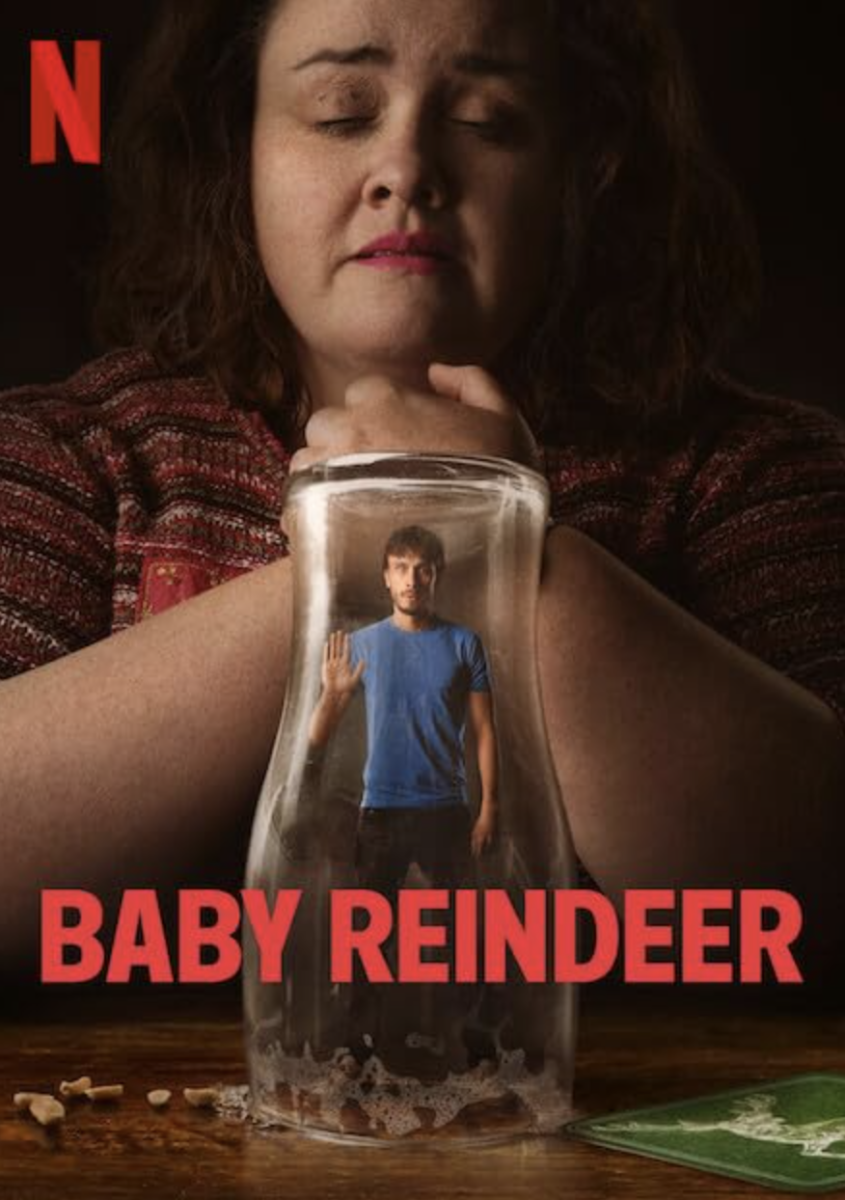It is pointless to talk about hate crimes and violence without going beyond the surface.
It would be easy to name-check the obligatory parts of a typical altercation and the aftermath. But by doing the standard dissection, by hitting the race-diversity-violence talking points, the underlying problem of power is ignored.
What to do, what to do?
What to do about the Jason Vassell case, where on February 3rd a racially charged dispute escalated into a physical altercation?
Vassell was reportedly harassed by two individuals and called racial slurs. Feeling threatened after they came to his dorm room, an altercation occurred and Vassell stabbed the two individuals. He is currently being charged with aggravated assault and battery with a dangerous weapon.
A rally was held yesterday in his support; many members of the campus community believe Vassell was acting in self-defense, and is the victim of a hate crime. What to do?
The answer, sadly, lies in the textbook, as there is no “Department of Justice” at UMass. If you get into the upper echelons of anthropology, then you’ll hit “structural anthropology,” which is Claude Levi-Strauss’ theory that culture is shaped by binary distinctions that clash, meld, and dominate each other (man over woman, black over white, etc.).
Distinctions are created in life, and one half of the binary distinction is held over another. In setting one superior to the other (if you want to be cool and postmodern, throw “the other” and Foucault around a lot – you pick up a lot of hip, hip ladies), you give the dominant element power over the submissive element.
Professors are dominant over students. The rich are dominant over the poor. Men are dominant over women. When people attack the problems that stem from having these hierarchies, they don’t attack the concept of distinctions. Without casting someone or something as different, you cannot hold it as inferior to you.
When you address the problems that come from these hierarchies (racism is bad, sexism is bad, et al) and not the distinctions themselves, the problems come back, albeit in different forms.
The issue isn’t of race; it’s of the structure of power that props up the issue of race.
In any relationship, romantic or platonic, someone usually is the dominant partner. Someone has to decide whether you’re going to eat at Antonio’s or at Bueno y Sano. Extend this concept from personal relationships to relations between the individual as an actor with the state and state-sponosered/co-opted society, and you allow yourself to link your personal conception of yourself to where you fit into your worldview.
So how do you form an opinion about events such as the arrest of Jason Vassell from this framework?
Presently, people are dealing with issues such as this by casting it in surface terms of diversity and not in the broader context of power hierarcies.
By not discussing Jason Vassell’s case in those terms, you don’t deal with the issues of race that frame what is and what should be: the ideas that make up our lives. Instead, you slap a band-aid on a problem that will erupt again.
By having talking points about diversity instead of examining what casting someone as the “other,” something different, then the discussion is transformed into something beneath denigration. Discussion is not a threat to entrenched social ills, it upholds them.
Without creation of context, there is no chance of social locution or political locution, of understanding the power relations and hierarchies that frame how we live, how we think, and how we die.
Without this context, this causality of race and lack of focused discourse, no road is taken, no destination is ever reached. Despite any pretensions to understanding, we are a wind-up clockwork orange;
wandering from event to event without explication, without agency and without ends. There is no progress without more powerful dialogues.
C.A. Chase is a Collegian columnist. She can be reached at [email protected]






